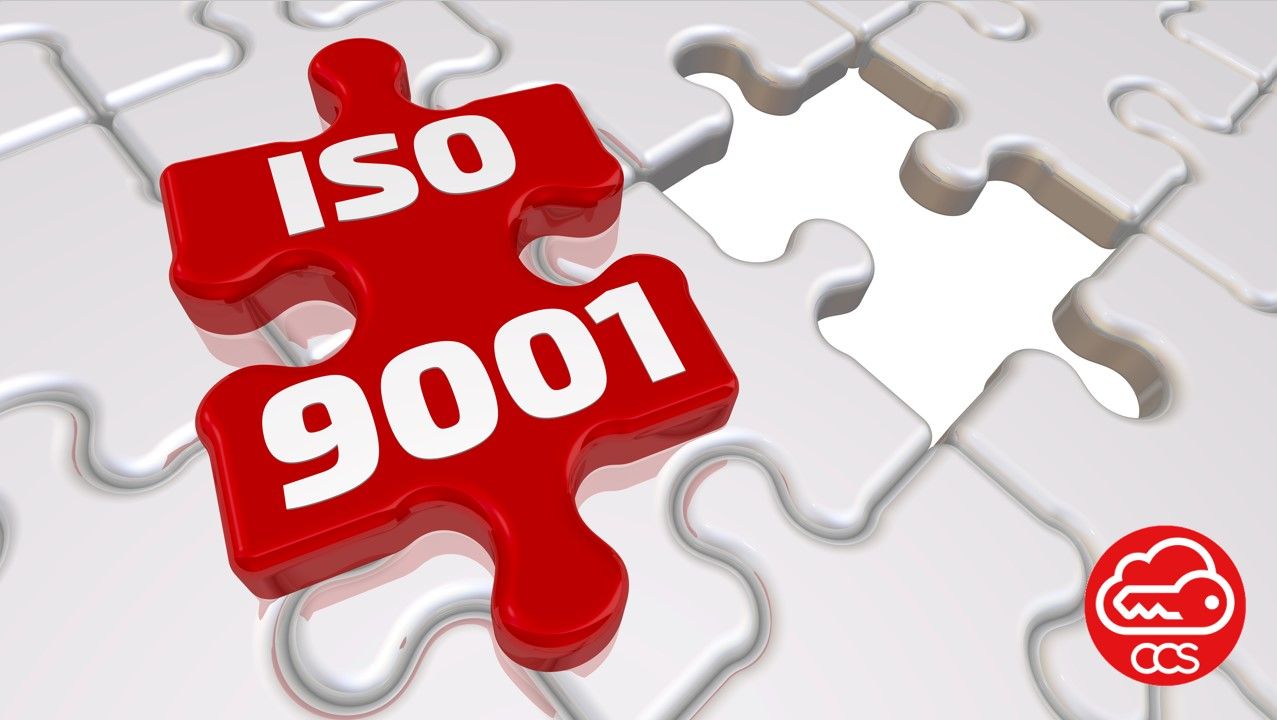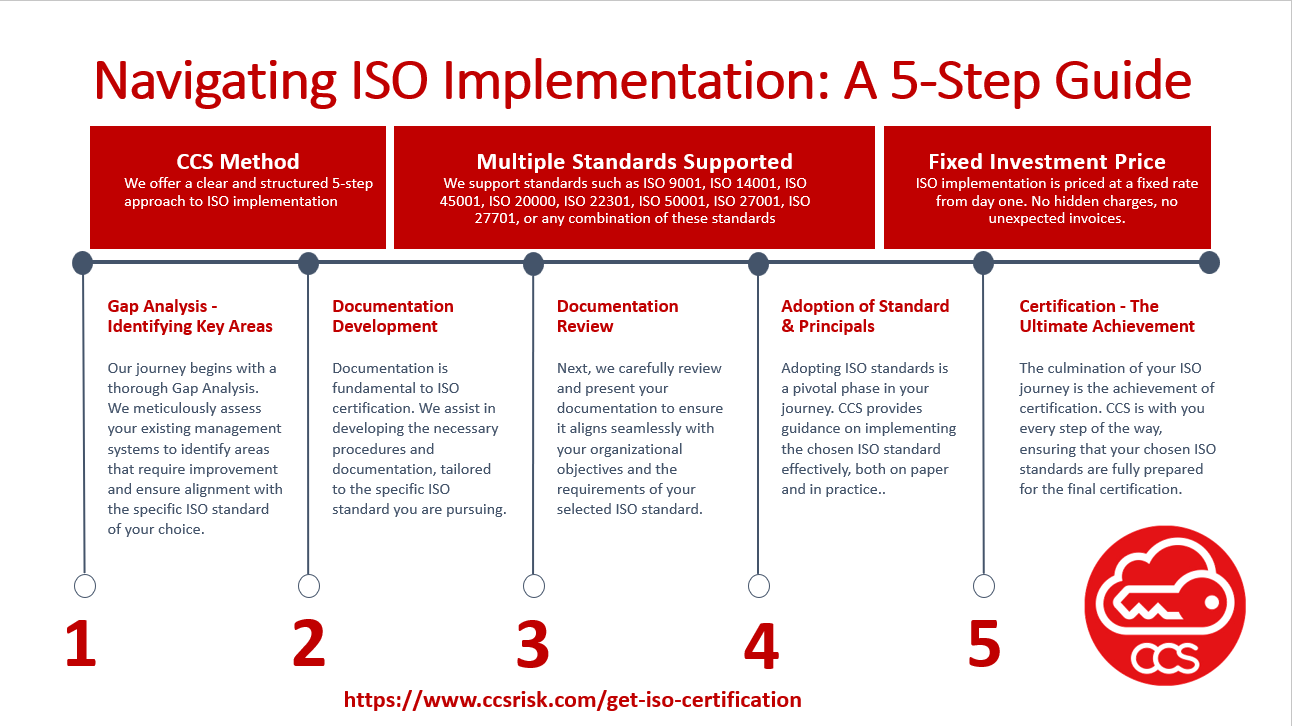The Rise of ISO 9001 Certification Mandates:
Strengthening Supply Chain Quality
In recent years, a notable shift has been observed in the business landscape, with larger companies increasingly recognising the value of ISO 9001 certification for their suppliers and business partners. ISO 9001 is an internationally recognised standard for quality management systems (QMS), designed to enhance customer satisfaction and streamline business processes.
This article examines the growing trend of larger companies mandating or planning to mandate ISO 9001 certification for their suppliers and business partners, highlighting the benefits and implications of this approach.
- Ensuring Consistent Quality Standards
- One of the primary drivers behind the push for ISO 9001 certification mandates is the desire to ensure consistent quality standards throughout the supply chain. Larger companies understand that the quality of inputs directly affects the quality of the final product or service. By requiring ISO 9001 certification, they establish a standardised quality management system that their suppliers and business partners must adhere to. This promotes a culture of quality, continuous improvement, and uniformity in product or service delivery.
- Enhancing Supply Chain Performance
- Efficient supply chain management is vital for larger companies to meet customer expectations, minimise disruptions, and optimise operations. ISO 9001 certification mandates help enhance supply chain performance by setting clear quality benchmarks and requirements for suppliers and business partners. Through a certified quality management system, companies can mitigate risks, streamline processes, and improve collaboration and communication within the supply chain. This ultimately leads to improved delivery times, reduced defects, and greater overall operational efficiency.
- Mitigating Risks and Ensuring Compliance
- Larger companies operate in an environment where regulatory compliance and risk mitigation are critical. By mandating ISO 9001 certification, these companies ensure that their suppliers and business partners comply with industry regulations and legal requirements. ISO 9001 provides a framework for organisations to identify and address risks, implement preventive measures, and maintain appropriate documentation. This approach minimises legal and reputational risks associated with non-compliance, helping companies build a robust and resilient supply chain.
- Fostering Trust and Collaboration
- Trust is a cornerstone of successful business relationships, and larger companies understand the importance of partnering with reliable and trustworthy suppliers. ISO 9001 certification demonstrates a commitment to quality, customer satisfaction, and continuous improvement. By mandating certification, larger companies signal their preference for suppliers and business partners who share these values. This fosters trust, transparency, and collaboration, leading to long-term partnerships that drive mutual growth and success.
Future Outlook
The trend of larger companies mandating ISO 9001 certification for their suppliers and business partners is expected to continue and expand in the future. As the business landscape becomes increasingly competitive and quality-conscious, companies will seek to strengthen their supply chains by ensuring uniform quality standards. ISO 9001 certification provides an effective mechanism to achieve this goal, enhancing customer satisfaction, operational efficiency, and overall performance. This also highlights the importance placed on quality management and supply chain excellence. ISO 9001 certification serves as a foundation for consistent quality standards, improved supply chain performance, regulatory compliance, and building trust within the business ecosystem.
As companies strive for enhanced customer satisfaction and operational efficiency, ISO 9001 certification mandates will play a pivotal role in shaping the future of supply chain quality.





